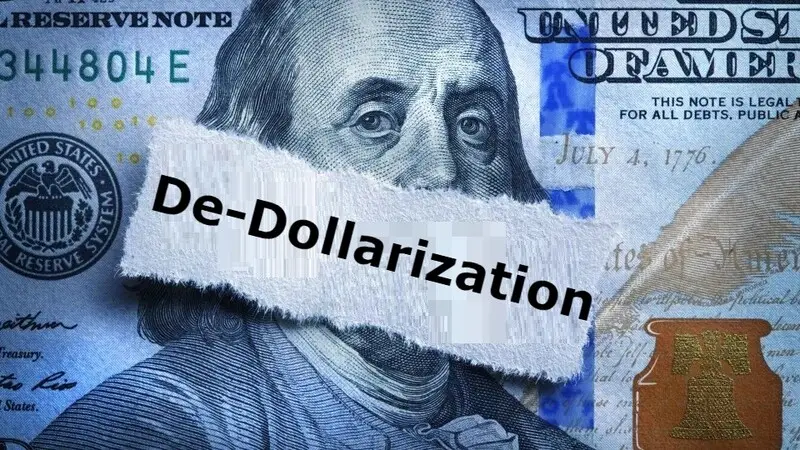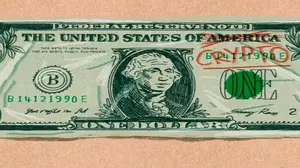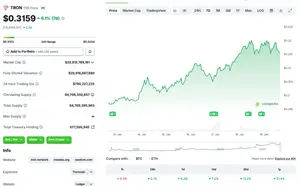China, Japan, and South Korea announced on Sunday that they will accelerate talks for a trilateral free trade agreement. The move comes as a response to the US imposing a 25% tax on car and light truck imports. The development will particularly hit Japanese and South Korean car manufacturers. The talks may further fuel the de-dollarization movement.
Also Read: Pi Coin Price Prediction for April 5th: Will It Break the $1.10 Barrier?
Will China, South Korea, And Japan Ditch The US Dollar?

China is spearheading the de-dollarization movement. The nation’s BRICS allies have also expressed the desire to create a currency system for mutual trade.
The People’s Bank Of China has signed bilateral currency swap agreements with more than 40 foreign central banks. The move adds further fuel to the anti-US dollar sentiment. According to Jin Keyu, trade invoicing in Yuan has increased from 0% to 30% in the last 10 years. According to a Bloomberg report, China has also taken steps to restrict local companies from investing in the US. The decision may propel the de-dollarization movement even further.
Also Read: Trade Wars: China Restricts Companies From Investing in the US
Despite the threat of de-dollarization, it is unlikely that Japan and South Korea will ditch the US dollar for trade. China may impose the yuan for trade settlement but may face barriers along the way.
Trump To Knockout De-Dollarization Sentiment?
The US President said that he would impose 100% to 150% tariffs on countries trying to ditch the US dollar. Trump has also taken a strong position against anti-US businesses.
Despite his pro-US policies, Trump’s tariffs may further alienate countries. It may fan the flame to move away from the US dollar. Countries like Russia and Iran have already bypassed the greenback to avoid Western sanctions.
Also Read: VanEck’s BNB ETF Filing: Can Binance Coin Hit $1,200 Amid 106% ROI Hype?
Despite the growing distaste for the US dollar, the greenback remains the global reserve currency. The status quo will likely remain the same for the foreseeable future.






